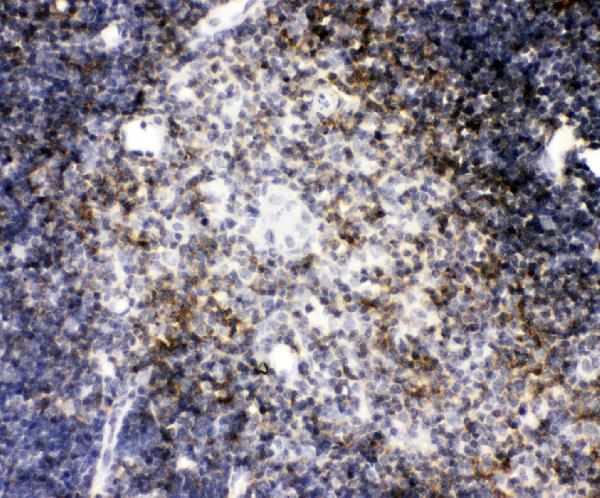CD4 is a surface marker of 51 kDa that is expressed on T-cells. Antibodies to CD4 are useful for studying signal transduction. CD4, also known by the T cell antigen T4 (LEU3), is the gene symbol of CD4 molecule. The CD4 antigen plays a role in the recognition and binding of MHC class II molecules. It is also a co-receptor to HIV.
CD4 is expressed mainly in T-lymphocytes, but it may also be expressed in other immune system cells such as macrophages and monocytes. CD4 expression can be found at the tissue level in the thymus and lymph nodes, tonsils and spleen as well as in certain regions of the brain and gut and other non-lymphoid tissues. You can know more about CD4 antibodies online via https://www.bosterbio.com/anti-cd4-picoband-trade-antibody-a00344-2-boster.html.

Through its association with Lck and the T-cell receptor compound, CD4 can initiate or enhance the initial phase of T cell activation. It can also be used to mediate neuronal damage caused by immune-mediated and infectious diseases of the central nervous systems.
CD4 is a 55kDa type 1 membrane glycoprotein. It is found primarily on most thymocytes, and a subset mature T lymphocytes. CD4 is also expressed in humans to a lesser degree on macrophage-related cells and monocytes. The human CD4 cDNA encodes 458 amino acids (aa) precursor proteins, a 371-aa extracellular area containing four immunoglobulin hology domains and a 24 aa Transmembrane domain, and a 38 Aa Cytoplasmic Domain.
The CD4 coreceptor is required to allow T cells to recognize antigens presented by major histocompatibility complicatedes class II. CD4 is a coreceptor for HIV entry. It binds specifically to gp120, an external envelope glycoprotein of HIV.